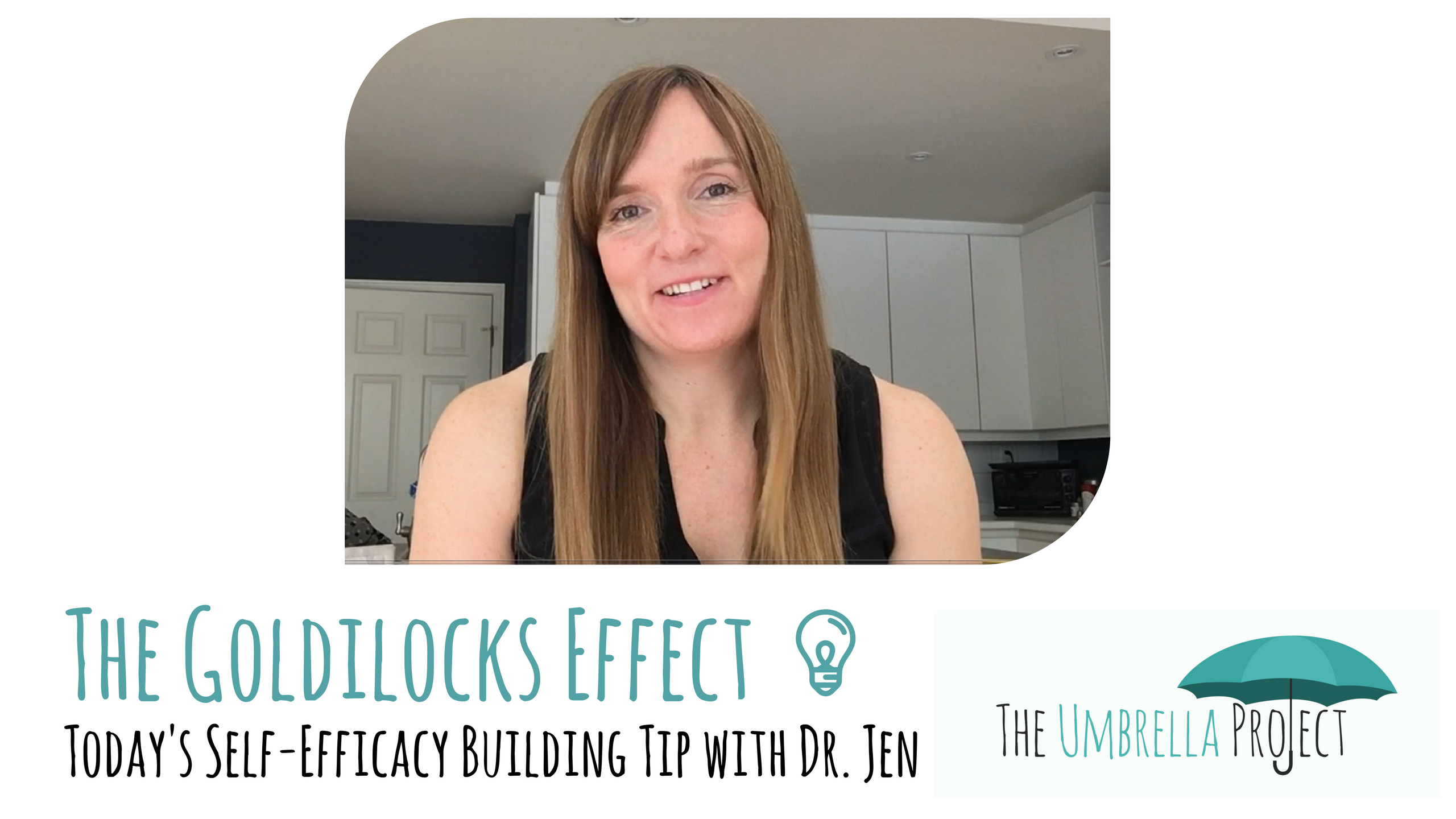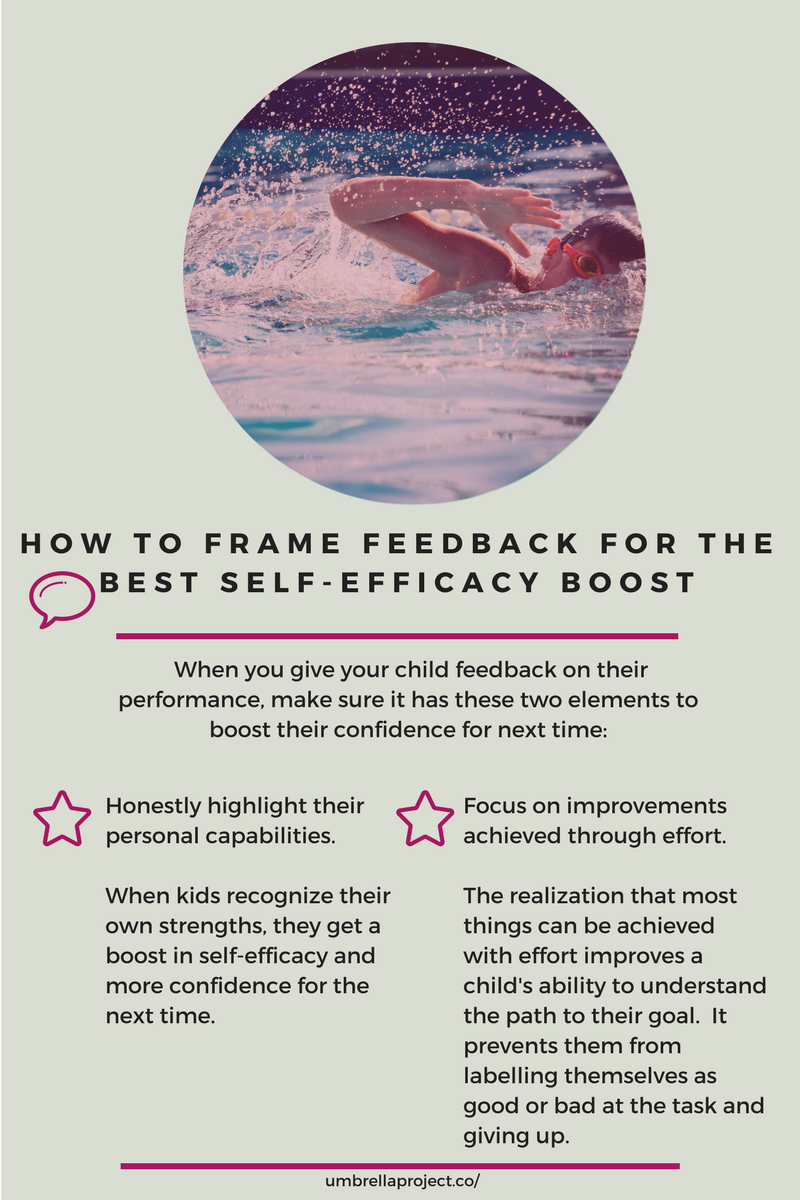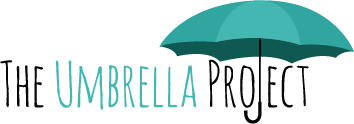
by Jen Forristal | Apr 9, 2018 | Self-Efficacy
While investing effort into a task does help our children grow and learn quickly, our belief in our self can also be undermined by really laborious effort.
Check out today’s video tip to learn more, and what ‘The Goldilocks Effect’ means for building self-efficacy with our kids.
Watch the video below or visit our Facebook page for more!

by Jen Forristal | Apr 6, 2018 | Self-Efficacy
Wondering how you can frame feedback for the best self-efficacy boost?
When you give your child feedback on their performance, make sure it has these two elements to boost their confidence for next time:
- Honestly highlight their personal capabilities. When kids recognize their own strengths, they get a boost in self-efficacy and more confidence for the next time.
- Focus on improvements achieved through effort. The realization that most things can be achieved with effort improves a child’s ability to understand the path to their goal. It prevents them from labelling themselves as good or bad at the task and giving up.
Download a PDF copy of this infographic here.

by Jen Forristal | Apr 5, 2018 | Self-Efficacy
Homework time isn’t always the easiest or most enjoyable time of day for parents and kids alike. This only gets worse when your child has low self-efficacy about the task they are undertaking. In fact, the root cause of low motivation is very often the underlying belief that we may not be able to succeed at the task at hand.
Concern about this topic is substantial, which (fortunately) means that plenty of researchers have tackled the issue. Here is one of their findings – start using it today for a better homework experience and improved self-efficacy:
Have your child say their process out loud
This is a simple and effective strategy for getting kids to feel more confident about their abilities.
Just follow these two steps:
- Help your child lay out a specific learning strategy and verbalize the plan. For example, “I’m going to read through my spelling words, then write them out with the sheet, then have my parent quiz me without my sheet and then rewrite the ones I got wrong three times”.
- Proceed through the task and have your child verbalize as they go what the next steps are, while noting their progress out loud along the way.

by Jen Forristal | Apr 2, 2018 | Self-Efficacy
Welcome to Self-Efficacy Month at the Umbrella Project! After the long Canadian winter, spring ushers in a time of renewed growth and energy. I love seeing the twinkle in everyone’s eye as they begin to shed layers and watch the thawing earth bloom back into life.
April is the perfect month to harness that boost in energy by working on our self-efficacy.
What is self efficacy? How does to help us?
The easiest way to think about self-efficacy is as our “I can do this” or “I cannot do this” skill. It’s the belief in our ability to succeed or manage situations. As you can imagine, self-efficacy has dramatic effects on behaviour, effort, learning and achievement.
If we don’t think we can do something, we are unlikely to give the task a lot of our time and energy and we are therefore unlikely to succeed at that task.
Self-efficacy is a big part of our motivation and this skill gets stronger the more we overcome difficulties and challenges related to our goals. As our self-efficacy increases, we feel a greater sense of positive control over our lives which is a critical part of our wellbeing!




